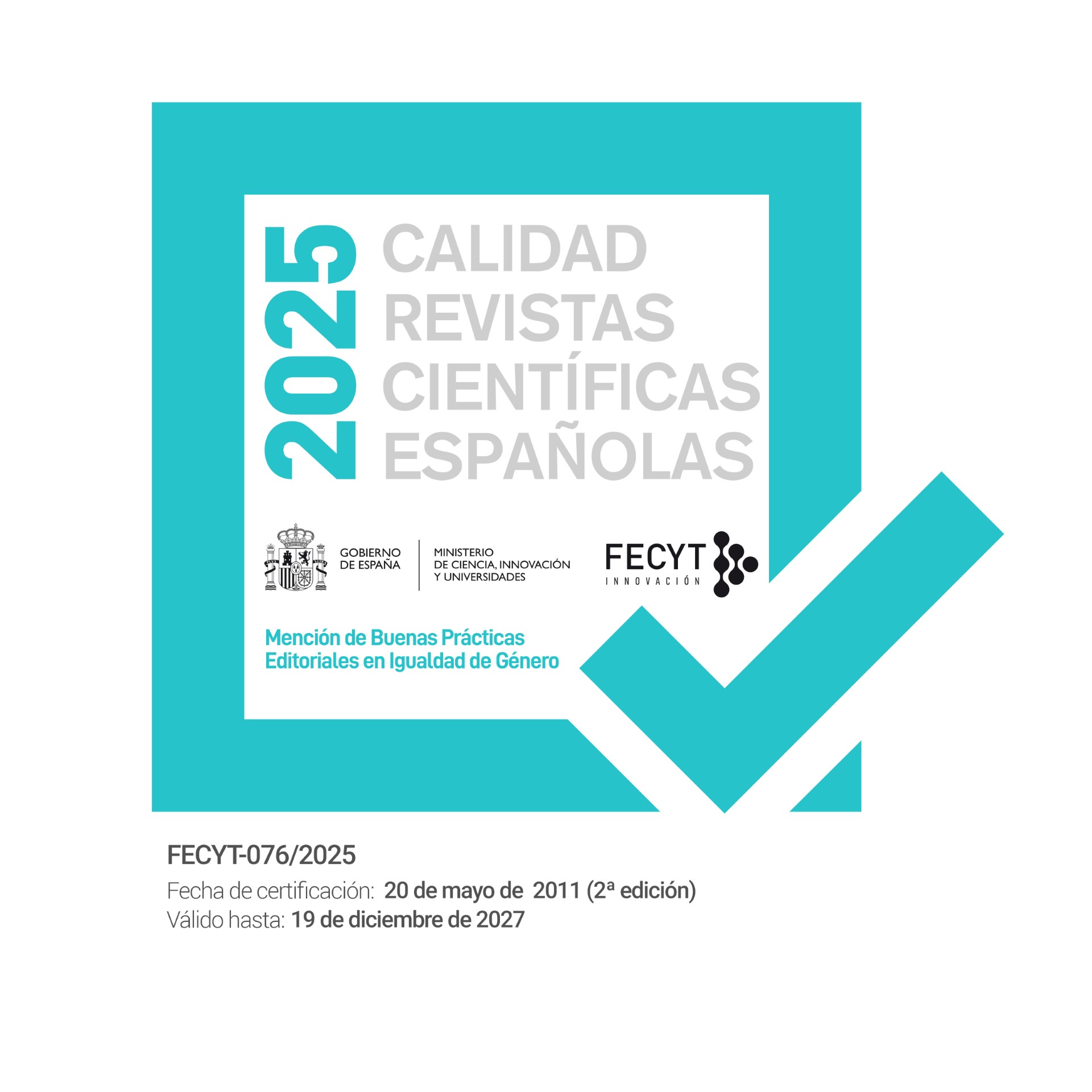The Legal Barrier in the Elections to the Spanish Lower House (“Congreso de los Diputados”) and its Possible Reform
DOI:
https://doi.org/10.5944/trc.45.2020.27112Keywords:
electoral barrier, electoral exclusion clause, Congreso de los Diputados, electoral barrier reform, electoral systemAbstract
This paper analyzes the «electoral barrier» or «exclusion clause» established by law for the elections to the Lower House (three percent of the valid votes cast in the constituency). After studying the real scope and effectiveness of this barrier, as well as the consequences of considering «blank votes» as «valid votes», we wonder about the reasons that justified (during the Political Transition) and (currently) still justify the application of an «almost» inefficient electoral barrier. Finally, we analyze the three reform proposals for this clause (so that it is no longer ornamental and becomes discriminatory): first, to raise the barrier from three to five percent of the valid votes cast in the constituency; second, to maintain the barrier at three percent, but by counting votes cast throughout the State; and third, the combination of the two previous measures, that is, to set the barrier at five percent of the valid votes cast throughout the State (although with specific clauses for political parties that limit their performance to a specific autonomous region).Downloads
Download data is not yet available.
Downloads
Published
2020-04-03
How to Cite
Oliver Araujo, J. (2020). The Legal Barrier in the Elections to the Spanish Lower House (“Congreso de los Diputados”) and its Possible Reform. Teoría y Realidad Constitucional, (45), 233–259. https://doi.org/10.5944/trc.45.2020.27112
Issue
Section
Estudios
License
Las obras están bajo una Licencia Creative Commons Atribución-NoComercial-SinDerivar 4.0 Internacional.
Se pueden copiar, usar, difundir, transmitir y exponer públicamente, siempre que:
- Se cite la autoría y la fuente original de su publicación (revista, editorial y URL de la obra).
- No se usen para fines comerciales.
- Se mencione la existencia y especificaciones de esta licencia de uso.








